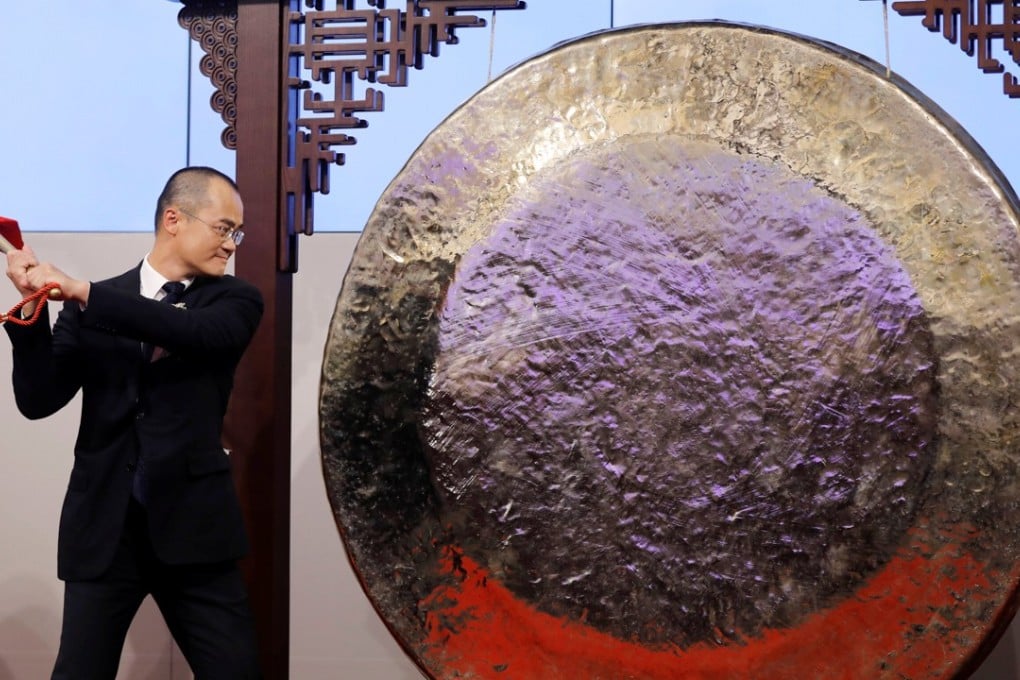Wang Xing: the graduate school dropout behind China’s Meituan Dianping meal-delivery empire
Despite a series of early setbacks, internet entrepreneur Wang Xing has managed to build what is now considered as China’s leading on-demand services platform – Meituan Dianping

Wang Xing, the co-founder of Meituan Dianping, credits the success of Facebook in the US more than a decade ago for inspiring him to drop out of graduate school and become an entrepreneur, which put him on a winding path to create China’s leading e-commerce platform for services.
Meituan, which raised US$4.2 billion in Hong Kong’s second-biggest tech-related initial public offering this year, has lifted Wang’s net worth to US$5.3 billion as of Thursday based on his 11 per cent stake in the company, some 14 years after abandoning his pursuit of a PhD in computer engineering at the University of Delaware, where he studied from 2001 to 2004.
While that IPO has made Wang one of China’s newly minted tech billionaires, the journey is said to have been long and hard for Meituan’s 39-year-old chairman and chief executive and his colleagues, according to a recent report by the South China Morning Post.
A Meituan spokeswoman did not reply to requests made weeks ago for an interview with Wang.
His father, Wang Miao, was a successful businessman who owned a cement factory in the city of Longyan in the southwestern province of Fujian. A wealthy upbringing, however, had no bearing in the younger Wang’s drive to succeed, according to his father in an interview several years ago with Chinese business magazine Caijing.